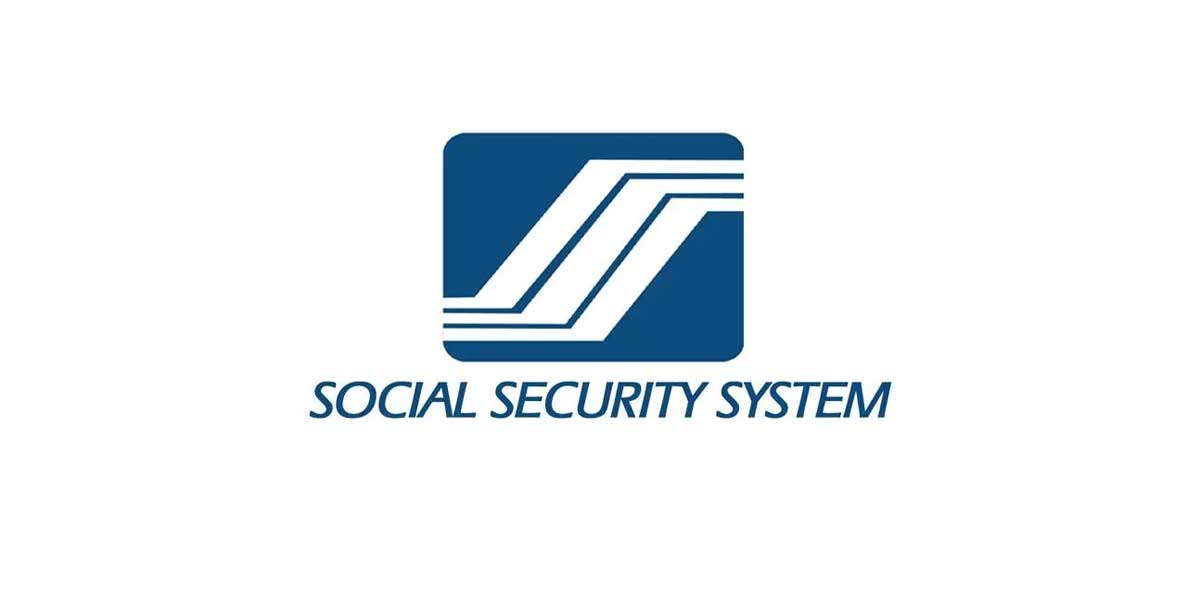By Francis Allan L. Angelo
Metro Pacific Iloilo Water (MPIW), the water distributor in Metro Iloilo, operates under a framework where it does not solely produce its own water but sources it from bulk water suppliers.
The prices set by these suppliers significantly influence the tariffs that MPIW charges its customers.
MPIW sources its water from two bulk water suppliers who manage the supply from source to treatment.
One bulk water supplier, Metro Iloilo Bulk Water Supply Corp., sells treated water to the Metro Iloilo Water District (MIWD), which then sells it to MPIW for distribution.
MPIW also has a bulk water supply contract with FLO Water Resources of the Florete Group, which supplies around 30,000 million liters daily.
Factors Affecting Tariff Increases
Cost of Bulk Water: The price of bulk water has been rising. For instance, the price per cubic meter increased from PHP 13.81 in 2019 to PHP 20.71 in 2024, representing a 33% increase. This rise directly impacts MPIW’s operational costs since bulk water is their primary resource.
Inflation and Operational Costs: Besides the bulk water costs, other operational costs such as fuel, materials for pipeline repairs, chemicals for water quality, and labor have also seen significant increases.
For example, the cost of fuel rose by 34%, and the cost of materials like 150mm pipes increased by 74% over the same period. These inflationary pressures contribute to the need for tariff adjustments to maintain service levels and ensure financial sustainability.
Service Improvement Investments: MPIW has committed substantial investments in service improvements, including reducing non-revenue water (NRW), expanding service coverage, and upgrading aging infrastructure.
The investment in CAPEX projects, including the use of advanced leak detection technology and the construction of new desalination plants, underscores the ongoing efforts to improve water service quality and reliability.
The Metro Iloilo Water District (MIWD) and the National Water Resources Board (NWRB) provide regulatory oversight to ensure fair pricing.
MIWD, acting as a regulatory body, monitors compliance with joint venture agreements and evaluates tariff adjustment proposals.
These regulatory mechanisms aim to protect consumers from arbitrary price increases while ensuring that water utilities can sustain their operations and continue to invest in infrastructure improvements.
The price of bulk water suppliers has a cascading effect on the tariffs charged by MPIW.
Rising costs of bulk water, coupled with increased operational expenses due to inflation, necessitate periodic tariff adjustments to maintain service quality and meet regulatory requirements.
While regulatory bodies like MIWD and NWRB play a crucial role in overseeing these adjustments to protect consumer interests, the continuous investment in infrastructure improvements highlights MPIW’s commitment to providing reliable and sustainable water services amidst financial challenges.






















